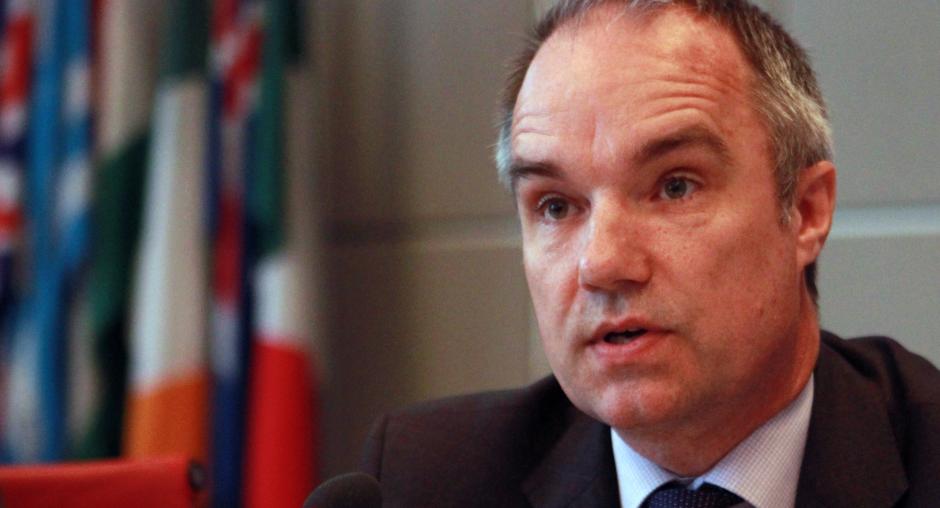Civil security and combating trafficking key areas of OSCE co-operation with Baltic Sea States Council, says its Director addressing Permanent Council

VIENNA, 10 June 2011 – Working with the OSCE on civil security and combating human trafficking, and potential co-operation in building transport links and sustainable energy are ways to contribute to stability and cohesion in Europe, said Jan Lundin, Director General of the Council of the Baltic Sea States (CBSS) Secretariat in his address to the OSCE Permanent Council today.
Lundin outlined priority areas for CBSS: environment and sustainability, energy, education and culture, economic development, as well as civil security and human dimension.
He stressed the effectiveness of joint initiatives with the OSCE Office for Democratic Institutions and Human Rights (ODIHR) and the OSCE Special Representative and Co-ordinator for Combating Trafficking in Human Beings in such areas as counteracting sexual abuse of children on the Internet and raising awareness about trafficking for all forms of exploitation.
“Through continued mutual exchange of experiences and joint activities the Council and the OSCE have developed a solid platform for enhanced counter-trafficking work in our respective states and beyond, which improves the chances of effectively tackling this modern form of slavery,” Lundin said.
He stressed that some of the Council’s projects, such as increasing the use of environmentally friendly fuel in shipping, could be of interest to the OSCE annual Economic and Environmental Forum focusing this year on promoting sustainable energy and transport.
Lundin said that the CBSS’ work on civil security in fields such as nuclear and radiation safety, rescue services operations, border protection, police co-operation, are areas which could be “of specific interest to the OSCE”.
The Council of the Baltic Sea States is a political forum for regional inter-governmental cooperation. It comprises eleven states of the Baltic Sea Region (Denmark, Estonia, Finland, Germany, Iceland, Latvia, Lithuania, Norway, Poland, Russia and Sweden), as well as the European Commission. Lithuania, current OSCE Chairmanship, hosted last year’s summit of the Council.
The Permanent Council is one of the main regular decision-making bodies of the OSCE. It convenes weekly in Vienna to discuss developments in the OSCE area and take appropriate decisions.
